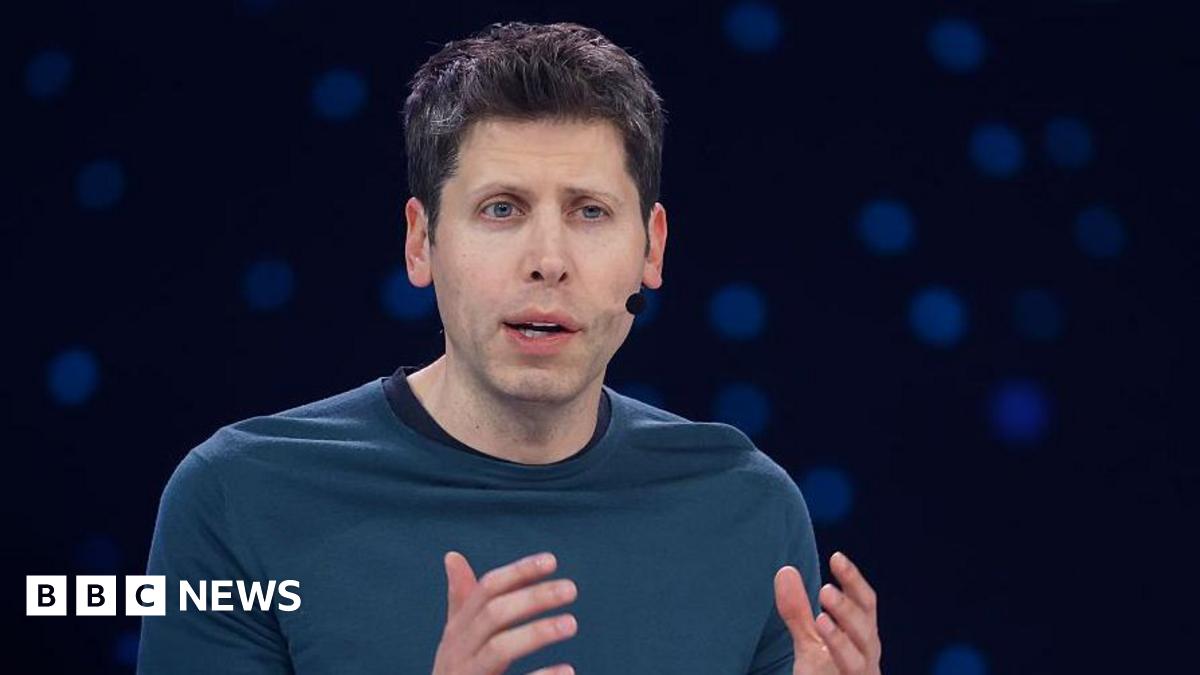OpenAI has highlighted GPT-5’s ability to create software in its entirety and demonstrate better reasoning capabilities – with answers that show workings, logic and inference.
The company claims it has been trained to be more honest, provide users with more accurate responses and says that, overall, it feels more human.
According to Altman, the model is “significantly better” than its predecessors.
“GPT-3 sort of felt to me like talking to a high school student… 4 felt like you’re kind of talking to a college student,” he said in a briefing ahead of Thursday’s launch.
“GPT-5 is the first time that it really feels like talking to an expert in any topic, like a PhD-level expert.”
For Prof Carissa Véliz of the Institute for Ethics in AI, however, GPT-5’s launch may not be as significant as its marketing may suggest.
“These systems, as impressive as they are, haven’t been able to be really profitable,” she said, also noting that they can only mimic – rather than truly emulate – human reasoning abilities.
“There is a fear that we need to keep up the hype, or else the bubble might burst, and so it might be that it’s mostly marketing.”
One ethics expert said the launch of GPT-5 reinforced the growing gap between AI’s capabilities and our ability to govern it in the way the public expects.
“As these models become more capable, the need for comprehensive regulation becomes even more urgent,” said Gaia Marcus, Director of the Ada Lovelace Institute.
The BBC’s AI Correspondent Marc Cieslak gained exclusive access to GPT-5 before it’s official launch.
“Apart from minor cosmetic differences the experience was similar to using the older chatbot: give it tasks or ask it questions by typing a text prompt.
It’s now powered by what’s called a reasoning model which essentially means it thinks harder about solving problems, but this seems more like an evolution than revolution for the tech.”
GPT-5’s rollout also has implications for commercial enterprises concerned about the use of their content.
“As AI content becomes more convincing, we need to ask ourselves – are we protecting the people and creativity behind what we see every day?”, said Grant Farhall, chief product officer at Getty Images. “Authenticity matters – but it doesn’t come for free.”
Farhall said it was important to scrutinize exactly how AI models are being trained, and ensure that creators are being compensated if their work is being used.
The company will roll out the model to all users from Thursday.
In the coming days it will become a lot clearer whether it really is as good as Sam Altman claims it is.
